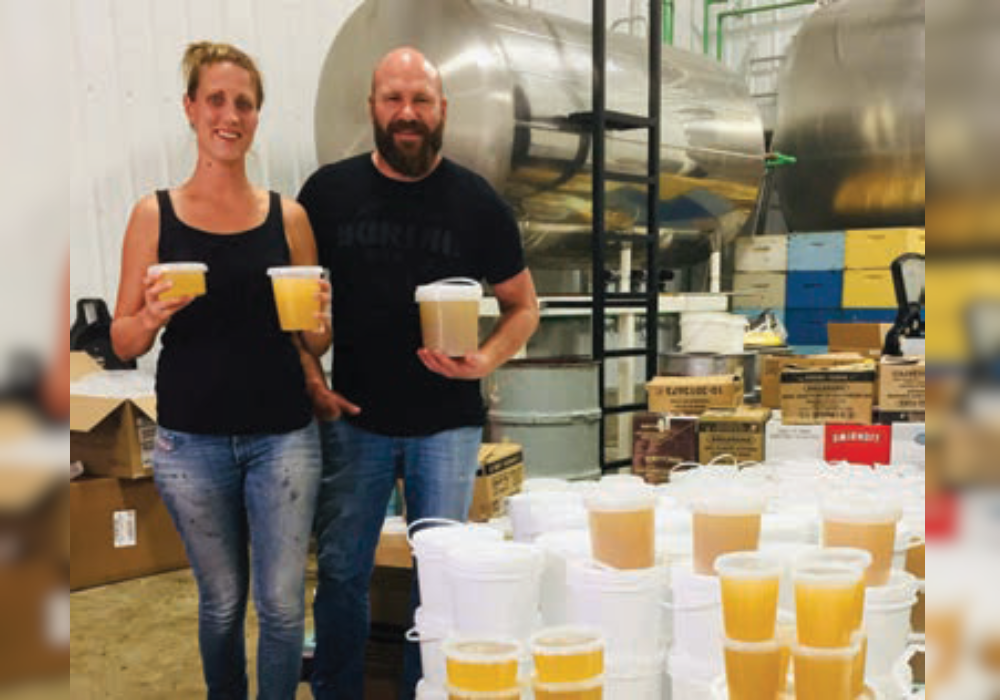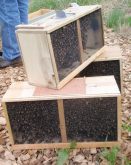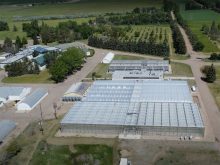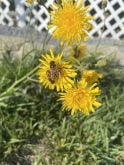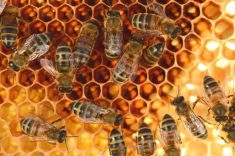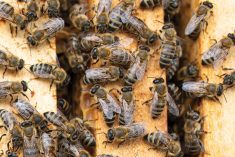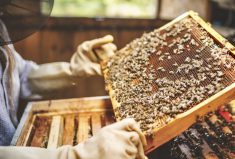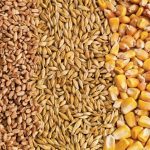It wasn’t the worst winter they’ve seen, but Alberta beekeepers struggling with hive losses say Ottawa should allow imports of American bee replacements.
“It’s important for Canadian beekeepers to have that lifeline, in the event that we have catastrophic losses,” said Lorne Prins, vice-president of the Alberta Beekeepers Commission.
“In all fairness, most producers will be able to identify both pros and cons when it comes to opening the borders, (but) it is absolutely important that we continue to look at the issue. It is in the best interest of the Canadian beekeeper to replace that stock from the United States in the event of a severe loss.”
Read Also
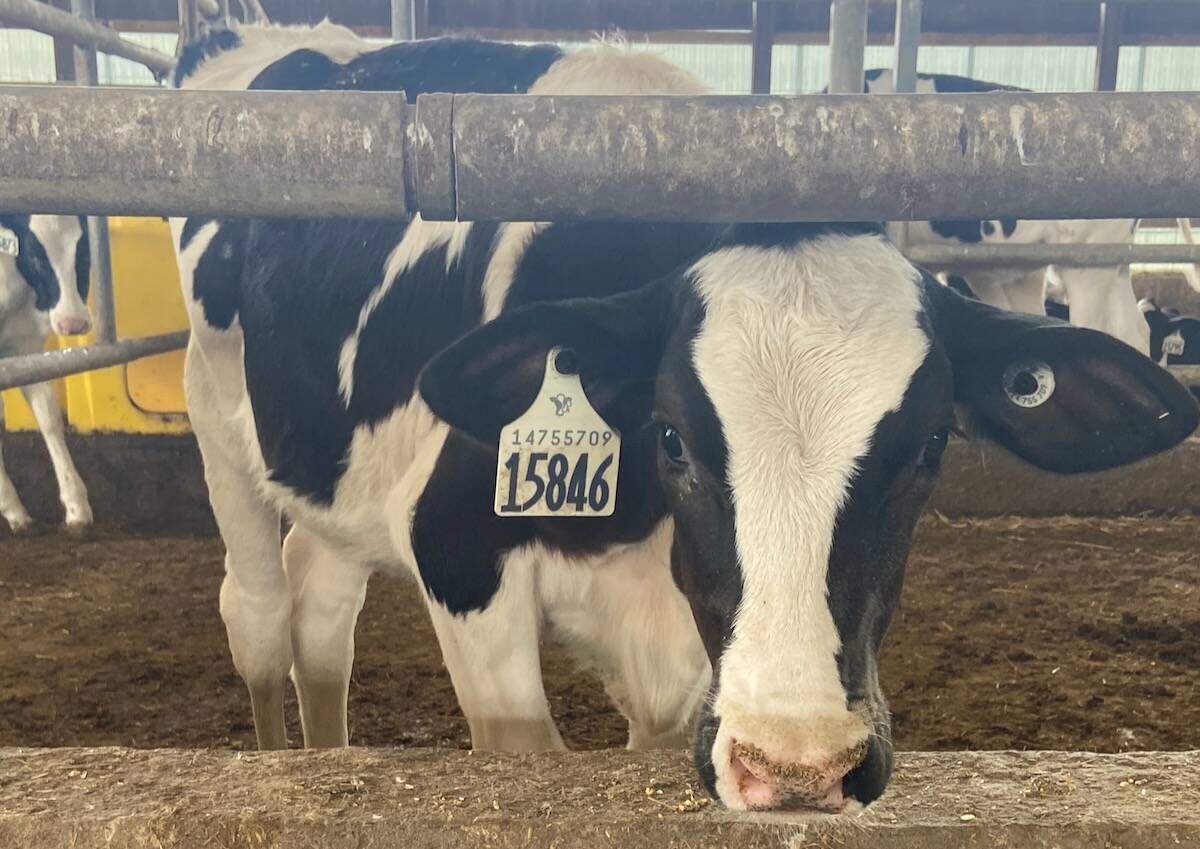
Rural municipalities push legalization of raw milk onto provincial agenda
Drinking raw milk comes with numerous risks, but proponents of a proposed amendment to Alberta’s Food and Drug Act say legalizing its sale could be a boon for small farms in the province.
The issue came before the House of Commons standing committee on agriculture in late April, with two members of the commission saying a 2013 risk assessment needs to be reviewed. That federal government assessment concluded there was a “high probability of introducing diseases and pests into Canada due to importation of honeybees from the continental United States.”
Jeremy Olthof, commission past-president, said a peer review found it was “based on confirmation bias, not fact.” The border should be reopened, specifically to Northern California, where many bee replacement package originate, said the Lacombe County producer.
As well, border measures are ineffective at keeping out pests such as varroa mite because they could easily cross into Canada on their own, Ron Greidanus, a beekeeper from Stettler and a commission director, told the ag committee.
“It is a fallacy to think that the … border we share with the United States is a wall or a force field,” Greidanus said. “It is a figment of human imagination. Pests and pathogens do not see it.”
Varroa mites are the major cause of hive failure, Prins said in an interview.
“We were over 50 per cent last year in the industry in Alberta and most of Canada was over 50 per cent,” he said, adding losses this winter appear to be lower. “Reports now are 20 to 30 per cent, so almost half of what we had last year.”
The efficacy of varroa miticides is starting to wane so producers fear the problem will worsen.
“The majority of our winter loss is tied to varroa, whether it is varroa directly or the viruses that follow a varroa infestation,” said Prins, who operates Gull Lake Honey Company in Lacombe County, with wife Alida.
“A varroa infestation in a beehive is comparable to a rat infestation in your home. You’re going to have health issues.”
Current regulations allow queens to be imported from Hawaii and California, but not package bees. Ag Canada lists only Australia, New Zealand and Chile as sources of packaged honeybee imports. Greidanus suggests that Canada work jointly with the U.S. to develop a North American bee strategy.
The 2013 report identified four main threats: resistant American foulbrood, varroa mites resistant to the miticide amitraz, small hive beetle and Africanized honeybees.
Greidanus said resistant American foulbrood and amitraz-resistant varroa mites both exist in Canada already, while small hive beetle and Africanized honeybees have failed to establish and thrive in Canada’s climate.

